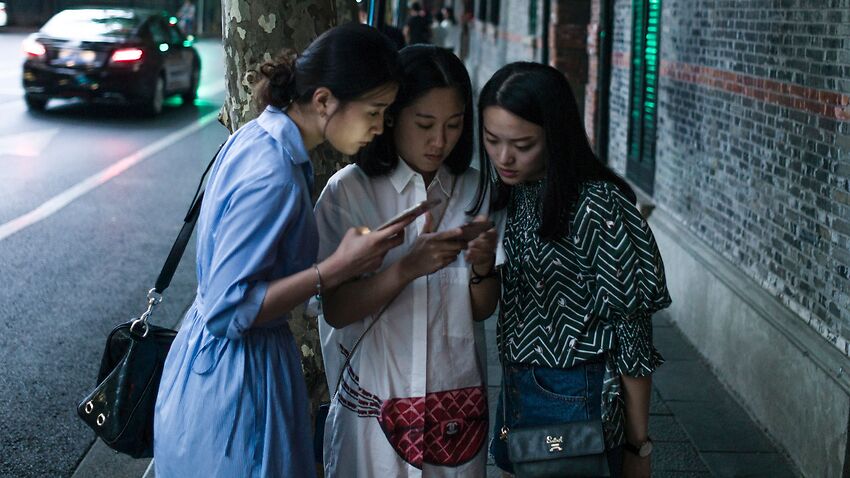Nearly 20 years ago, a student at Peking University in Beijing alleged that she was sexually assaulted and raped by a professor. His case had little impact at the time, but it is happening now. The issues it raises highlight two points of view on how the #MeToo movement is now operating on the campuses of Chinese universities. It shows the extent to which things have changed, and outlines the ways in which these changes have not yet gone far enough.
The student was called Gao Yan. When friends and supporters highlighted the anniversary of his death last month, Peking University confirmed that an investigation at the time had criticized Shen Yang, a well-known linguist at the university, for having an inappropriate six-month relationship with him. , which he had finished nine months. before his suicide. Shen could not be reached by nature. He told Chinese media that the allegations against him were false. He was removed from his position at Shanghai Normal University after the matter became public last month.
Peking University, which Shen left in 2011, also posted previously unpublished documents revealing some details of its 1998 investigation into the case.
And it published statements that noted recent efforts, including the introduction of a ‘teacher’s handbook’ in 2016, to strengthen the ethics of its professors and draft rules related to sexual harassment on campus (currently under consideration). ) Are included.
The institution deserves some credit for these efforts, even though two decades have passed. There are many other universities – in China and elsewhere – that bury their heads in the sand when controversy arises over sexual harassment, scientific misconduct or other matters.
That the university felt the need to respond to public pressure at all, not bothering to issue statements and reassuring efforts on a historic case, gives some indication of how things are changing for the better in China. . Awareness of oppression and intolerance towards oppressors is certainly on the rise, as is the case in many places.
Highly publicized sexual-harassment cases have surfaced on China’s university campuses in recent months, and senior academics accused of inappropriate behavior have lost their positions or faced other sanctions.
Change goes beyond academia. Some technology companies have been forced to apologize for discriminatory hiring policies that target attractive women, and for ads that make claims about the beauty of their female employees.
Together, the public broadcast of these cases is a positive development. Unpleasant activity is being exposed and, to a lesser extent, those found guilty are receiving punishments that may deter others from similar behavior. This may indicate that China is entering a new phase of transparency, where such issues can be discussed and sexual harassment will no longer be tolerated. But there are still many reasons to be concerned.
Following Peking University’s response to the Gao Yan case, a group of current students there pressured the university for more information. Since then, one of them – Yu Xin – has complained on social media that university officials have pressured him to stop seeking information. His allegations made headlines and prompted statements of support from around the world.
They have partially influenced the official celebrations of the university’s 120th anniversary this month. And, in response, the university’s newfound openness is faltering – several attempts to contact the institution have gone unanswered. Meanwhile, students say that the posters they have put up around the campus in support of U have been removed immediately.
Chinese President Xi Jinping visited Peking University last week. Ironically, he praised it as the birthplace of the Fourth of May Movement of 1919, a series of student protests that led to widespread social and political unrest and eventually produced the country’s communist leaders.
Concerns over the reaction of students to protests should be addressed. It is one thing for universities to say that sexual harassment will not be tolerated. It is another entirely for them to buy into the kind of wholesale changes they require in rules, behavior and attitude. The #MeToo movement is growing into an irresistible force. Now is not the time for universities – in China or elsewhere – to act like immovable objects.
